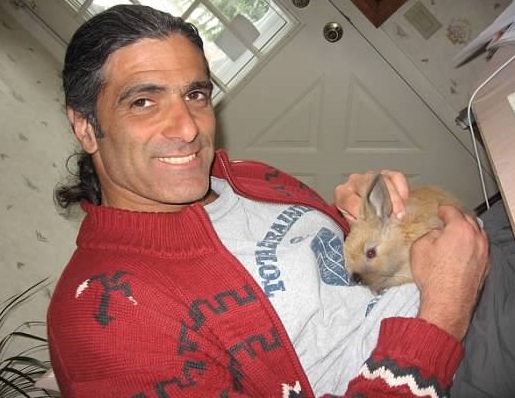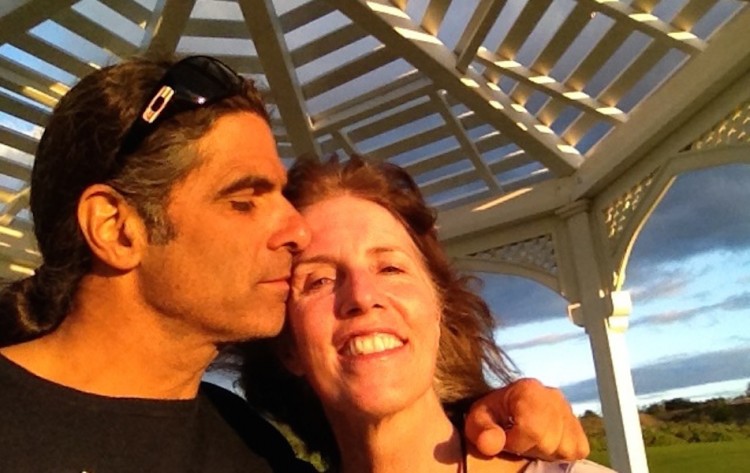
When I decided to go public with Steve’s story and write his memoir, I knew I was going to have to steel myself against those who misapprehend the motivations of a person who dies by suicide, and thereby stigmatize that person’s death, and the mental illness, which is the real cause of death. In looking for a cause, family members and close friends may try to place blame — on themselves, on others and even on the loved one lost.
We need to ask ourselves, is this a form of “blaming the victim”? In a sense, anyone that loved Steve is a victim, a victim of losing a person so dear to them in such a sudden, tragic way and by his own hand. Unlike when loved ones are left behind after death by illness, old age or tragedy, those left behind after the loss of a loved one by suicide are called “survivors.”
And survive we must, left with so many questions that will never be answered; “Why? He had so much going for him…” “What if I had said…?” “What if I didn’t say….?” “What could I have done differently?” At times these questions still haunt me, however, for the most part, I have come to peace with my actions.
In their quest for answers, some will feel the need to place blame on someone else in order to wrap their own minds around why their loved one took his or her life. Any mental health professional I have spoken to (and there have been many) has told me there was nothing anyone could have done differently to prevent Steve from taking his life. He had already tried once before and failed, so it seems out of his hopelessness, he was determined to try again. That is how insidious this disease of the mind is.
My healing journey in trying to come to grips with Steve’s tragic ending involves raising awareness of mental health issues, and in the process, raising some money to help an organization that is trying to help those who are suffering from PTSD and depression. Others may choose to channel their grief into bitterness, blame and anger. Yes, I too was in that place in the early days after Steve took his life. To comprehend such a tragedy, it is human nature to want to blame someone, falsely trying to alleviate our own grief.
When someone suffers from mental illness, sometimes that person’s loved ones try to rally around him or her. The problem is, we are not mental health professionals (even they could not help Steve in the end) and what we may have tried to do or say had no impact on the final outcome (Steve taking his own life). Also, as it is when multiple people are involved, there are differing opinions on what is best for our loved one. That was the way it was with Steve and those who loved him. It was another tragedy in the making. We all loved Steve and he loved us all, yet the family was torn apart. That in turn, added to Steve’s angst and further tortured his diseased mind.
I have said many times, I have no answers or solutions. I am no expert on mental illness, but what I’ve come to realize is that this disease can manifest itself very differently in people. The symptoms and outcome in one person can vary greatly from another. I can only share my experiences and perspectives on my life with Steve in the hope that others will realize they are not alone in what they are experiencing.
In the end, there is so much collateral damage from mental illness. In Steve’s case, it was the taking of his own life. In the case of his loved ones, it is the continuing damage to what were previously close and loving relationships, as blame is substituted for answers that don’t exist.

Follow this journey on Slipped Away.
If you or someone you know needs help, see our suicide prevention resources.
If you need support right now, call the Suicide Prevention Lifeline at 1-800-273-8255.

